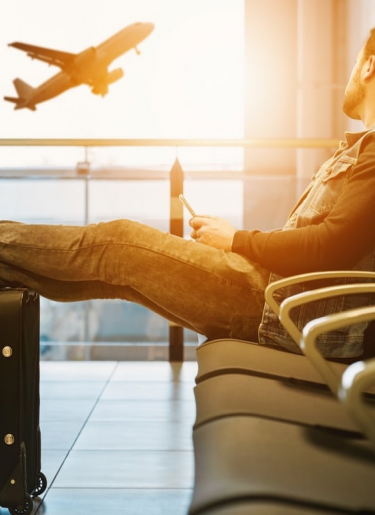
As of 16 March until April 15, a one-month state of emergency is in effect in Kazakhstan that restricts entry to and exit from country by all means of transport with specific protocols for diplomatic passport holders, essential personnel and Kazakh citizens.International passenger links have been reduced to a minimum. An air transportation helpline is available: the Aviation Administration of Kazakhstan has a 24-hour call system specifically to answer travel questions on issues of cancelled or limited regular destinations at +7 (7172) 645-841 and +7 (7172) 645-840. Travellers can also enroll in the Smart Traveler Enrollment Program (STEP) to receive alerts.
Foreign nationals should monitor local media and government reports for up-to-date information. Some measures have also been taken by the state authorities regarding limitations of visas or work permits issued to citizens of countries in Categories 1a, 1b and 2 (see below) with a high risk of exposure to coronavirus.
The Chief State Sanitary Doctor of Kazakhstan has set out measures aimed at curbing the spread of illness that apply to all individuals, both Kazakhstani citizens and foreign nationals entering Kazakhstan from certain countries divided into three categories. The information below is accurate as of 18 March 2020, but is subject to change by the Ministry of Health as the situation evolves.
Category 1A
Applies to individuals arriving from the following countries: France, Iran, Italy, Spain, Germany
Measures to be taken: individuals arriving from these countries will be quarantined for 14 days in a hospital. From the date of discharge, these individuals will be subject to ten days of medical monitoring, which will take place by telephone on a daily basis.
Category 1B
Applies to individuals arriving from the following countries: China, South Korea, Schengen countries.
Measures to be taken: individuals arriving from these countries will be quarantined at home with daily medical observation for 14 days, followed by medical monitoring at home by daily telephone calls for ten days.
Category 2
Applies to individuals arriving from the following countries: Philippines, Qatar, India, the United Arab Emirates, the United Kingdom, Azerbaijan, Thailand and the United States
Measures to be taken: individuals arriving from these countries will be subject to 24 days of daily medical monitoring by telephone following their arrival to Kazakhstan.
Quarantine and containment
From 19 March, the Government of Kazakhstan will enact city-wide quarantine measures intended to combat the spread of COVID-19 in Nur-Sultan and Almaty. Citizens are advised to isolate themselves and avoid unnecessary contacts. During the quarantine period, work will be suspended at kindergartens; non-food trading markets; cinemas, theaters, exhibitions; large shopping, entertainment centres and other places with large numbers of people, with the exception of facilities that sell food and medicines.
The checkpoints introduce at all entry-exit points blocking all traffic into and out Almaty and Nur-Sultan, apart from a ‘green corridor’ for essential goods, food, medicine and medical products, protective equipment and hygiene products.
The Prosecutor General’s Office announced that quarantine violation will lead to legal sanctions.
State support for employers
Kazakhstan employers are feeling the impact of the latest measures, as the government prepares to unveil plans to help the economy and businesses. Some organisations are advised to limit their activities or to reassign employees on a remote basis. Kazakh labour legislation provides for the use of reasonable (or less costly) alternative working arrangements such as part-time work, remote (home-based) work, as well as temporary transfer to another position. In all workplaces, an additional agenda of measures should be adopted, including the provision of annual paid leave for employees forced to stay with their children during the enforced vacation period and the payment of downtime (if alternative working arrangements prove inapplicable or insufficient) at a minimum wage rate of KZT 42,500 per month.


